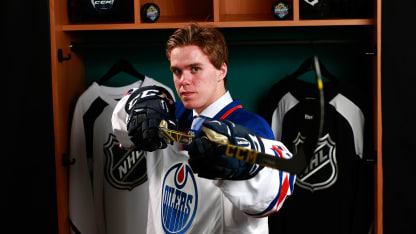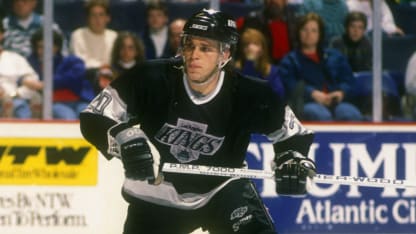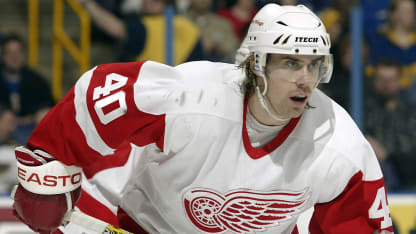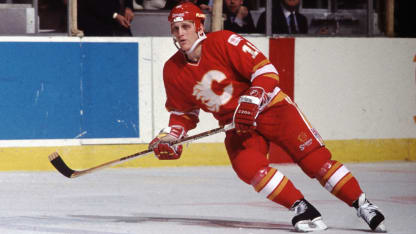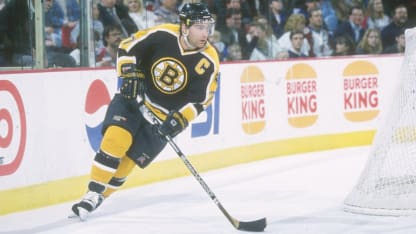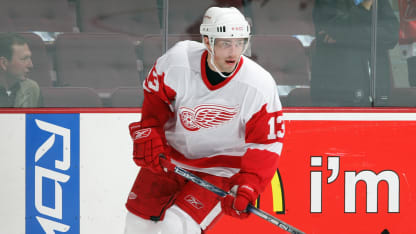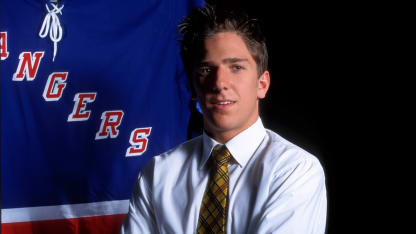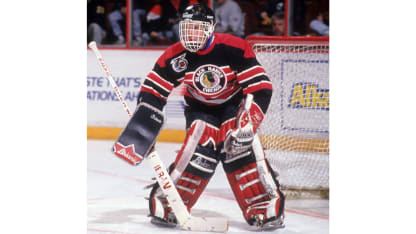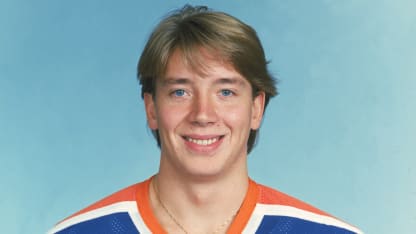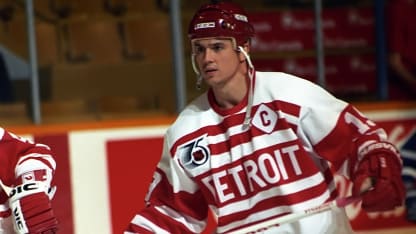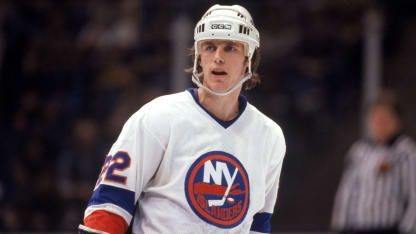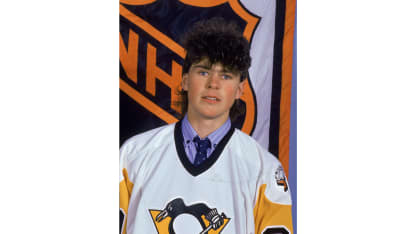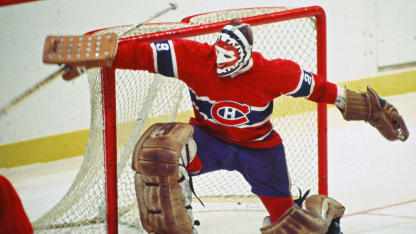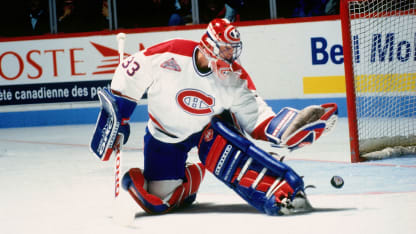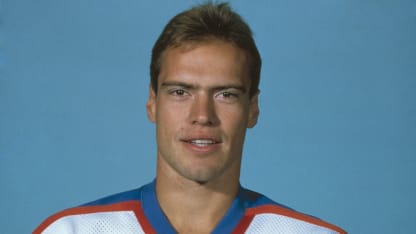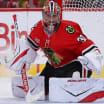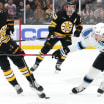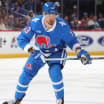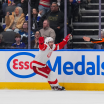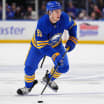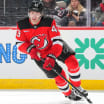Lidstrom was nicknamed "the perfect human" by his teammates, and there are few that would argue. He was a steal, the 19th defensemen selected and the third in the third round, after Bob Kellogg (No. 48, Chicago Blackhawks) and Veli-Pekka Kautonen (No. 50, Calgary Flames), neither of whom played in the NHL. Lidstrom played two additional seasons in his native Sweden after being selected but proved worth the wait. He had 60 points (11 goals, 49 assists) and was a plus-36 as a rookie in 1991-92, the first display of his all-around skill. In the 1997 Stanley Cup Final, he and partner Larry Murphy helped shut down the Philadelphia Flyers' Legion of Doom line of Eric Lindros, John LeClair and Mikael Renberg as Detroit won its first championship since 1955, and helped the Red Wings win the Cup again the following season. In 2000-01, he won the Norris Trophy as the best defenseman for the first of seven times; only Bobby Orr (eight) won it more. Lidstrom won the Conn Smythe Trophy in 2002 when the Red Wings won the Cup, and in 2008, he became the first Europe-born captain to win the Cup. Lidstrom won his seventh Norris Trophy at age 40 in 2010-11, and retired in 2012. He's sixth all-time among NHL defensemen with 1,142 points (264 goals, 878 assists) and was a plus-450 in 1,564 games. The Red Wings made the postseason in each of Lidstrom's 20 NHL seasons, and he was inducted into the Hockey Hall of Fame in 2015.
